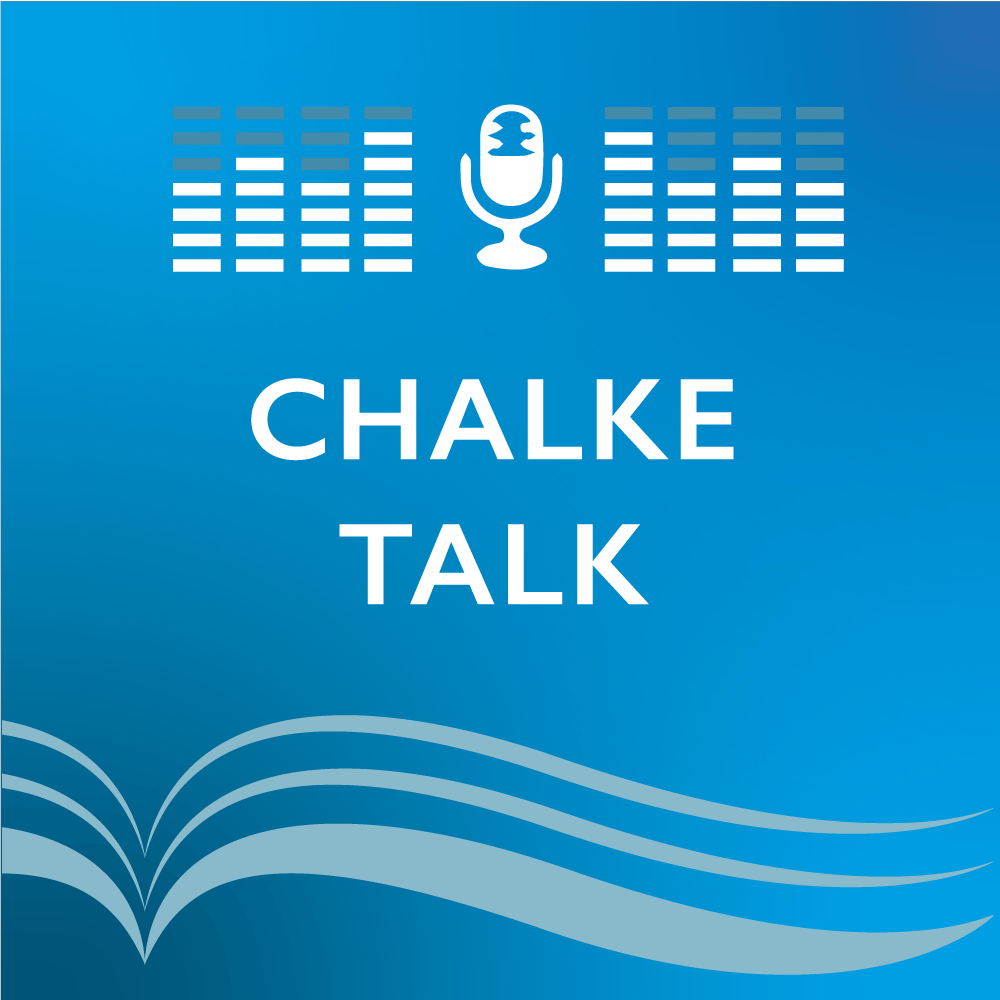On April 13th 1919, the British Indian Army opened fire on a crowd attending an unauthorised public meeting in Amritsar. Over 1,000 unarmed Indians were killed. Among the survivors was a young man who made a vow of vengeance that would ultimately prove successful. Prompted by her own family connections to the Amritsar massacre, Anita […]
More podcasts - latest releases
- 82. I OBJECT: SATIRE AND SUBVERSION, A HISTORY OF DISSENT - Ian Hislop ( 2019)
- 201. 1918: ONE HUNDRED DAYS TO VICTORY - Dan Snow ( 2018)
- 200. NAPOLEON: THE MAN BEHIND THE MYTH - Adam Zamoyski ( 2019)
- 199. A PERSONAL HISTORY OF MUSICALS: HOW TO SUCCEED, BY MISTAKE, IN THE WORLD OF MUSICAL THEATRE - Tim Rice ( 2017)
- 198. ALL OUT WAR: THE FULL STORY OF HOW BREXIT SANK BRITAIN’S POLITICAL CLASS - Guy Walters, Tim Shipman ( 2017)
- 197. BREAD FOR ALL: THE ORIGINS OF THE WELFARE STATE - Chris Renwick ( 2018)
- 196. CONSTANT HEART: THE WAR DIARIES OF MAUD RUSSELL 1939-1945 - Emily Russell, John Julius Norwich ( 2017)
- 195. HOW IDEAS CHANGE: THE EVOLUTION OF EVERYTHING - Matt Ridley ( 2016)
- 194. HOW TO REMAIN SANE IN THE AGE OF POPULISM - Elif Shafak ( 2019)
- 193. KENNETH CLARK: LIFE, ART AND CIVILISATION - James Stourton ( 2017)



